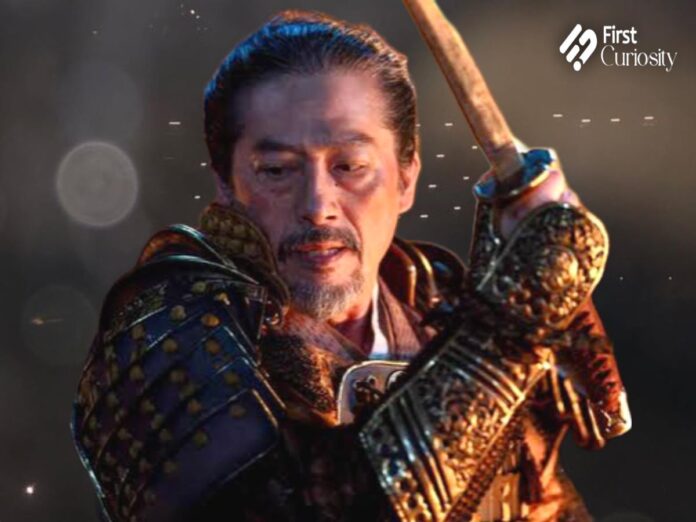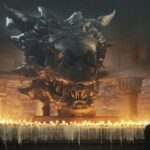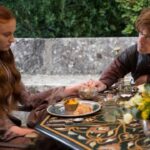Set in 17th century Japan ‘Shogun’ has taken the representation of that period to the next level impressing both its audience and critics. While the set of the show is incredible in itself the actors and the script make it into a treat to watch.
However, despite its to-the-point storytelling the ongoing plot of the show sometimes gets confusing due to the several storylines. Additionally, while the fans of the show expected a big battle ending for the show it was not the case.
Related: Why ‘Shogun’ Season 2 Is Not Happening?
‘Shogun’: What Happened In The End?
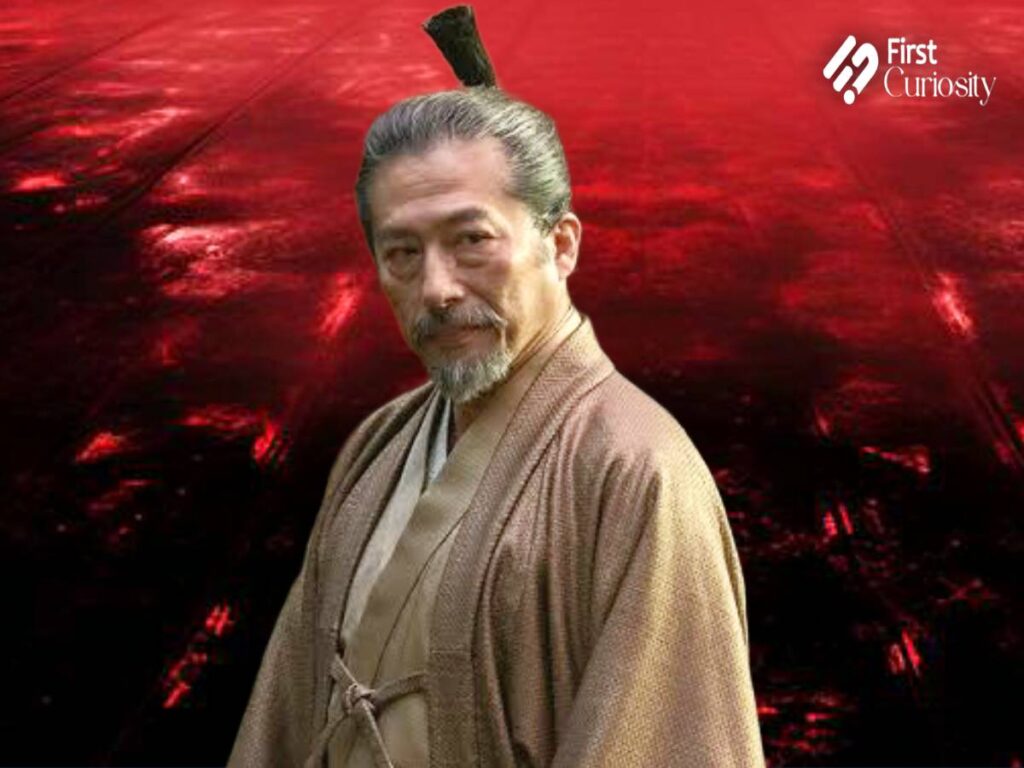
In the conclusion of ‘Shogun,’ Episode 10 ties together various plotlines and character arcs. Mariko’s death serves as a catalyst for political upheaval and leaves John Blackthorne heartbroken as they were secret lovers. As alliances shift, Toranaga’s strategic mastery becomes evident.
The absence of a traditional battle scene emphasizes the power of manipulation and strategy in warfare. By the end of it, Toranaga outmaneuvers his enemies through careful planning and manipulation of allies. Subsequently, Blackthorne’s journey reflects a deeper understanding of Japanese culture and values.
Ultimately, Toranaga’s ascension to ‘Shogun‘ represents the fulfillment of his long-term ambition and the restoration of his family’s honor. The conclusion underscores themes of loyalty, sacrifice, and the complexities of power dynamics in 17th-century Japan.
In case you missed it: Is Netflix Docuseries ‘Testament: The Story of Moses’ Historically Accurate As Per Events In The Bible?
Is The ‘Shogun’ TV Ending Different Than The Novel?
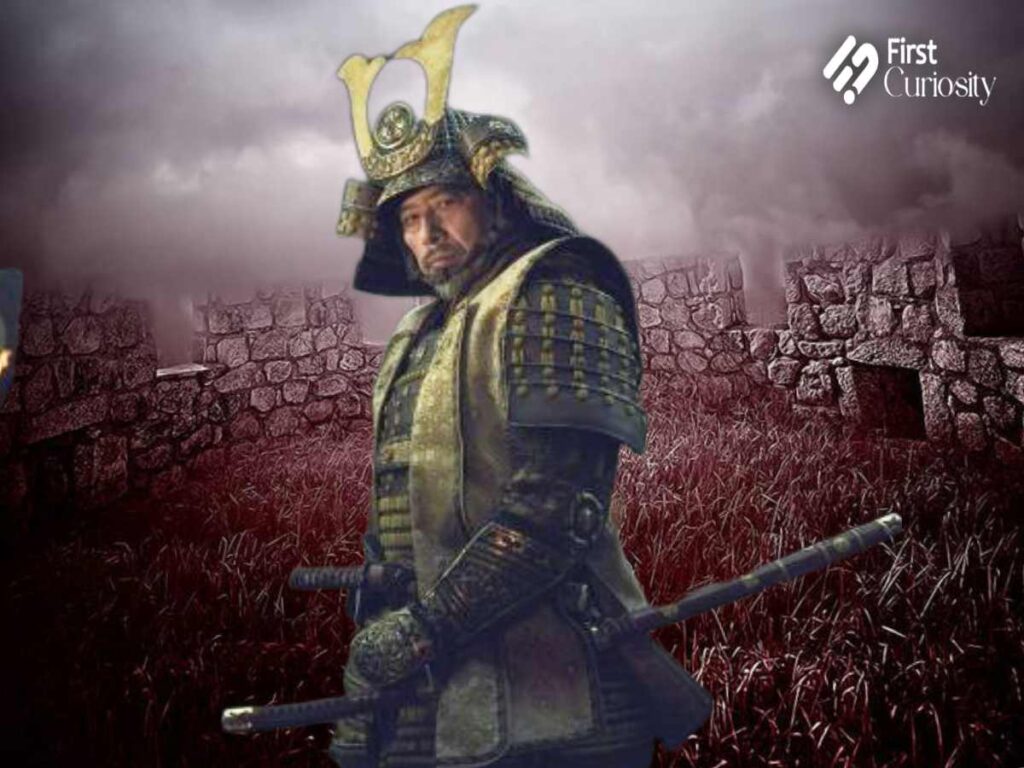
In the novel ‘Shogun’ by James Clavell, the ending follows a similar trajectory as the TV adaptation. Toranaga’s manipulation and strategic brilliance are central to his success in the book. Both in the TV show and the novel Mariko’s death serves as a crucial turning point, highlighting the personal stakes involved within the politics.
Her death prompts a significant shift in alliances and sets the stage for Toranaga’s ascension to power. However, there are some differences in the details. While the novel also lacks a traditional battle scene, it emphasizes the psychological and strategic aspects of warfare. Toranaga’s ability to outmaneuver his enemies without resorting to conflict showcases his mastery of politics and manipulation.
Additionally, the protagonist, John Blackthorne, undergoes a profound transformation as he navigates the complexities of Japanese society. His journey culminates in a deeper understanding of honor, duty, and loyalty, mirroring the themes explored in the TV adaptation. All in all, despite the endings being very similar the creators did immaculately well in portraying things from the novel almost perfectly.
You might like to read:

